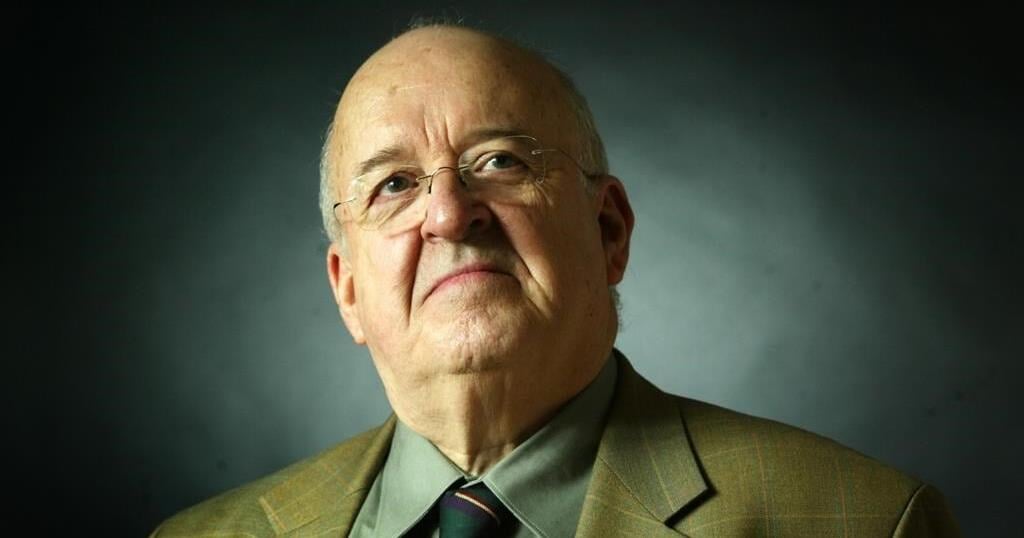Unexploded bombs from the Second World War are still buried in a bog in Ottawa, but there is low risk to the public as long as the site is kept as parkland, defence officials say.
Bombs of up to about 450 kilograms were dropped on the Mer Bleue bog in the eastern part of the city, which served as a practice bombing range in the 1940s, the Department of National Defence said Wednesday.
A bomb disposal team was tasked with clearing the range in 1960, but in the end, “the range was never cleared and could not be declared free of explosives due to the nature of the terrain,” the department said in an email.
A few years later, the area was taken over by the National Capital Commission to turn into parkland, the department said, noting the commission was aware of the site’s history and the presence of what’s known as unexploded explosive ordnances, or military explosives that didn’t explode as intended.
“As long as this area is maintained as parkland, the UXO risk will remain low,” the department said.
The details were first published in the Ottawa Citizen, which reported based on newly declassified documents that “large numbers” of the explosives were still sitting in the bog.
The Defence Department said aerial photographs and historic maps show where the bombs were dropped, but it’s not known how many of them are still there.
The bomb impact areas are “deep within the bog” and far from any areas used by the public, which ensures “minimum to no human contact,” it said.
“In the future — should some kind of development be envisaged in the actual former range’s impact area — qualified UXO expertise will be required to ensure any and all physical works are undertaken in a manner that ensures the health and safety of the public,” the department said.
Unexploded military explosives can be found at hundreds of former military sites, known as legacy sites, across Canada, according the the Defence Department website. About two-thirds are listed as being “under assessment.”
Most of the legacy sites are located in areas that were remote at the time, the site says, but “as the population has grown, the possibility of people living on or near these sites has also grown.”
This report by The Canadian Press was first published Oct. 16, 2024.

























